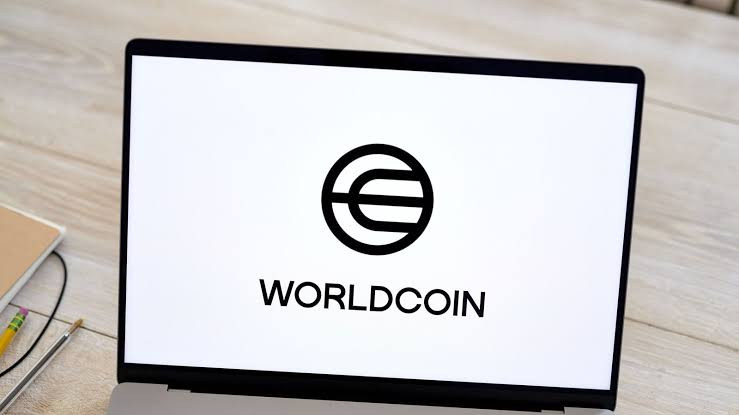
Introduction:
Worldcoin, a cryptocurrency created by the company Tools for Human, aims to provide a global financial and identity network based on proof of personhood. Co-founded by Sam Altman, also known for his involvement with OpenAI and ChatGPT, Worldcoin seeks to offer Universal Basic Income (UBI) to all its users. However, despite its noble intentions, the project faces significant challenges and concerns regarding privacy, security, and fairness. This blog delves into the rise of Worldcoin, its ecosystem, and the issues it confronts.
1. The Worldcoin Ecosystem:
The Worldcoin ecosystem is built upon three pillars: World ID, World App, and Worldcoin. The World ID is obtained by scanning the human eye iris, providing an accurate means of authentication. The World App serves as a crypto wallet connected to the World ID, while Worldcoin functions as the currency. Transactions within the ecosystem only work when users scan their iris.
2. Sam Altman's Vision and Dual Role:
Sam Altman envisions Worldcoin as a global financial and identity network crucial for the AI era, aiming to contribute to discussions about sharing access, benefits, and governance of future AI systems. However, concerns arise due to Altman's simultaneous involvement in AI development and the cryptocurrency world, potentially creating a conflict of interest.
3. Worldcoin's Launch and Early Challenges:
Upon launch, Worldcoin attracted 2 million beta users from developing nations, offering them cryptocurrency for biometric data verification. This led to concerns about the vulnerability and insecurity of the biometric data, with potential misuse in speculative markets and black markets.
4. Issues with Network Marketing and Phishing Attempts:
Worldcoin's operation through network marketing and the promise of monetary gains incentivizes people to join the ecosystem. Unfortunately, this has led to various phishing attempts and scams during its viral period.
5. Token Allocations and Fairness:
Worldcoin's aim to facilitate Universal Basic Income raises questions about the fairness of a global payment structure owned by private individuals. With 25% of shares owned by developers and early investors, including Sam Bankman Fried, the question arises: can a privately owned system truly ensure fairness if adopted by governments?
6. The Uncertain Mission of Worldcoin:
Sam Altman acknowledges the challenging nature and uncertain outcome of Worldcoin's mission. This raises concerns about whether the project ultimately serves the prosperity of the people or primarily benefits the private ownership of the ecosystem.
7. Privacy and Surveillance Concerns:
While Worldcoin's intentions are noble, requiring users to provide their biometrics for receiving crypto raises concerns about control and surveillance. The potential risks of compromised biometric data falling into the wrong hands pose serious privacy issues.
Conclusion:
Worldcoin's attempt to create a digital authentication system and provide Universal Basic Income through its cryptocurrency is an ambitious undertaking. However, the project faces numerous challenges, including privacy concerns, security issues, and questions about fairness and control. As users and potential stakeholders, it's essential to conduct thorough research (DYOR) and consider these factors carefully to make informed decisions about the involvement with Worldcoin and its impact on society.
2 comments
Izzy Smart
The idea of proof of humanity is good with reard to bots and Ai availability but having data for everybody while they claim to be not using the data you provide but i think we have a bigest CBDC of world history
ANTONY Mlelwa
This is a genius comment so far, lets keep on studying about this and helo people with our analysis
Charity Aron
The prospect of Worldcoin's success appears uncertain, primarily due to its ambitious goal of displacing established cryptocurrencies that boast more robust ecosystems and streamlined functionalities.